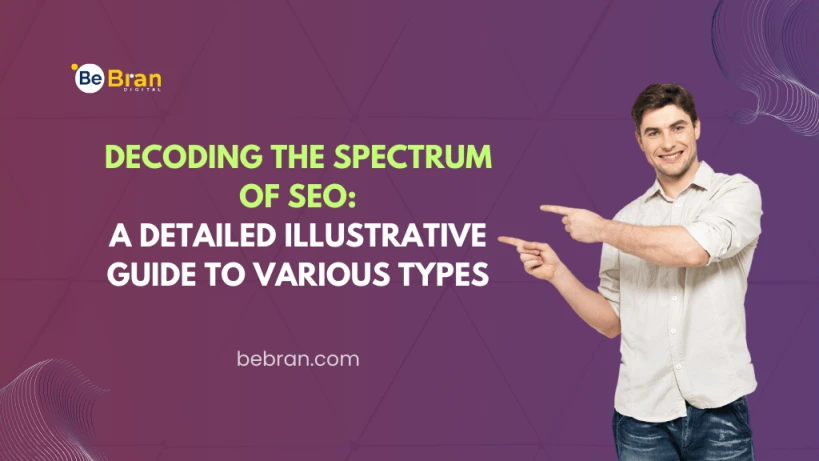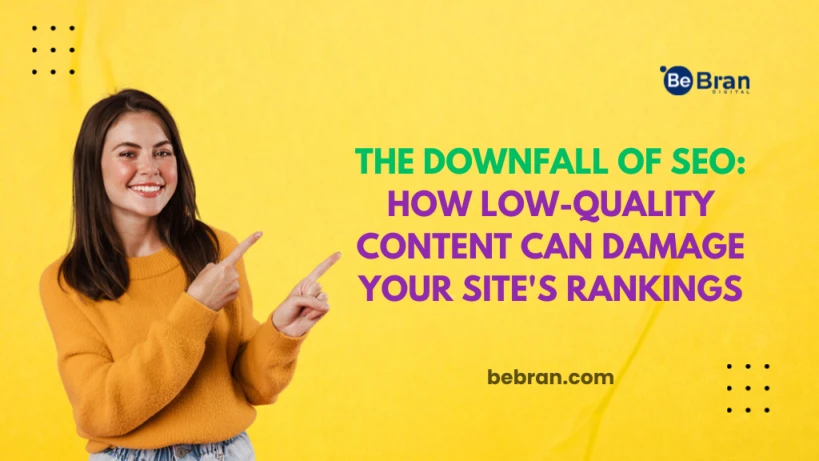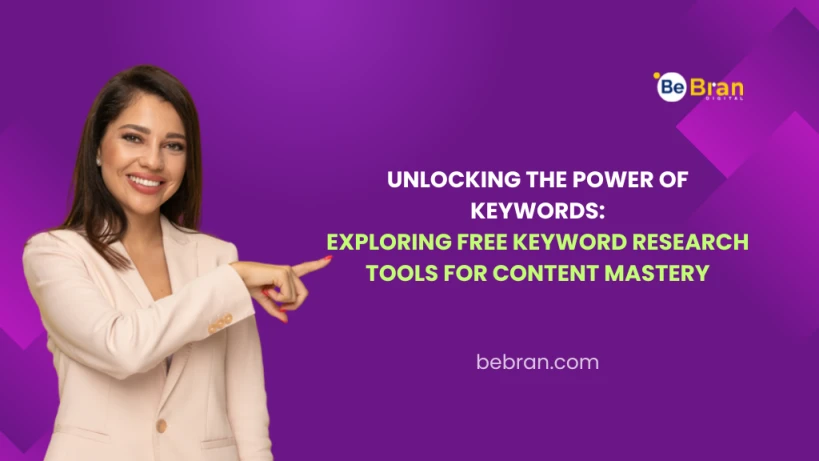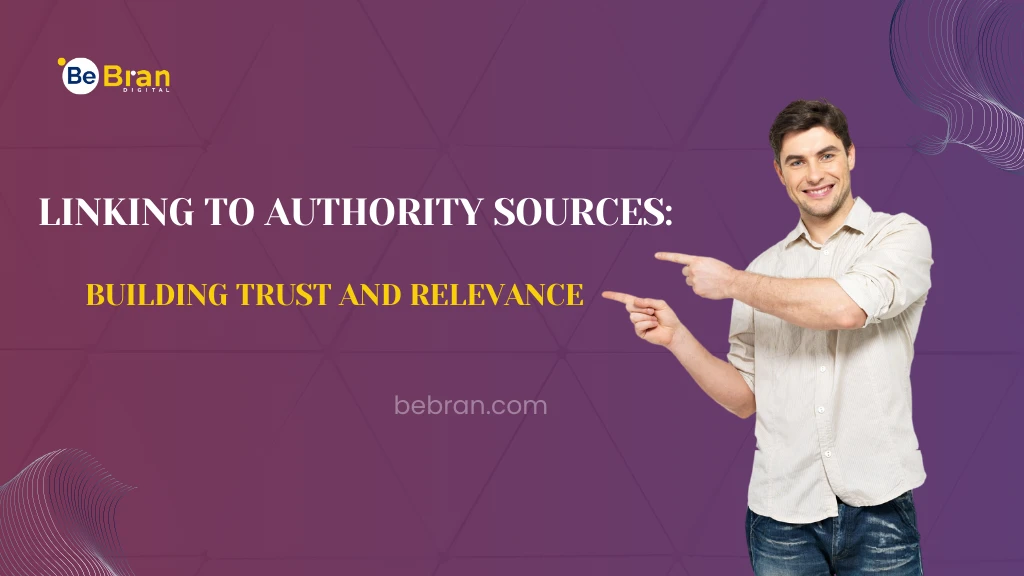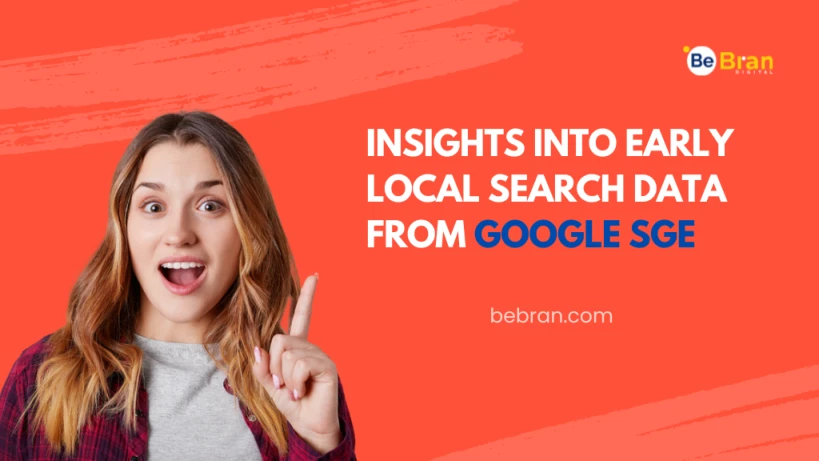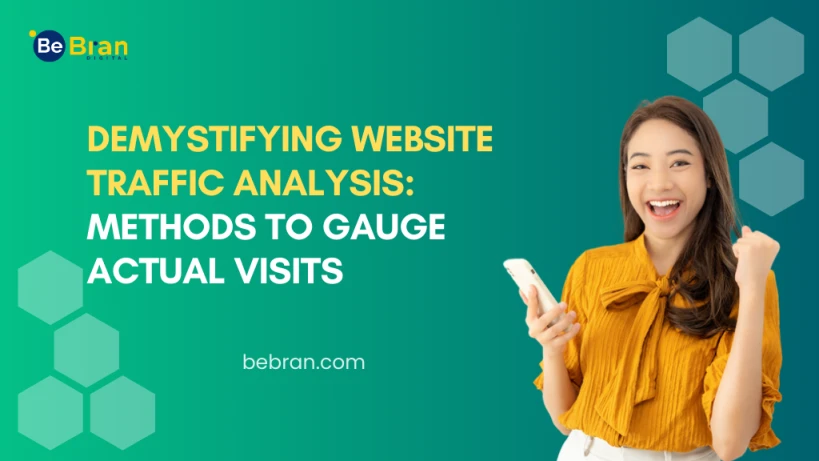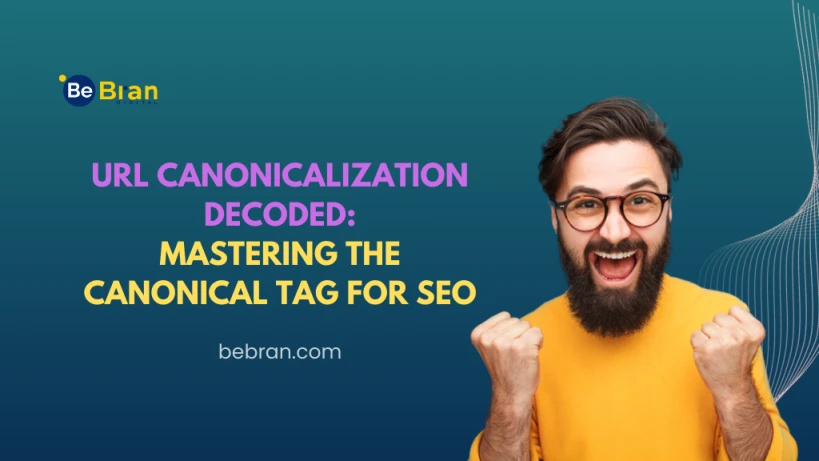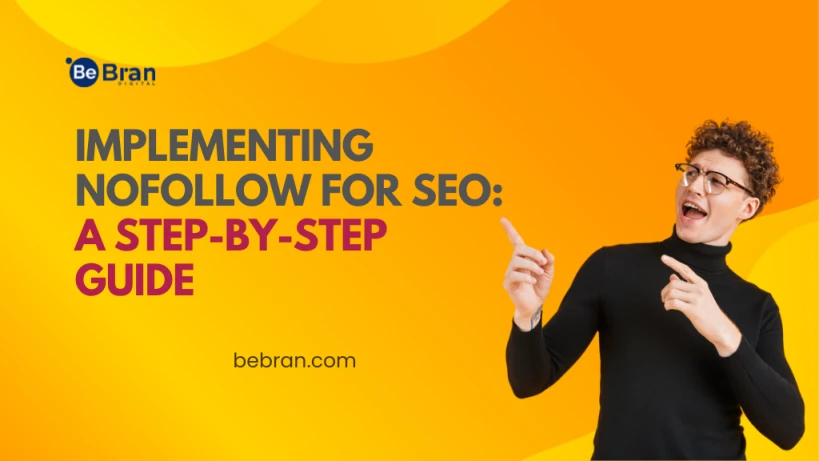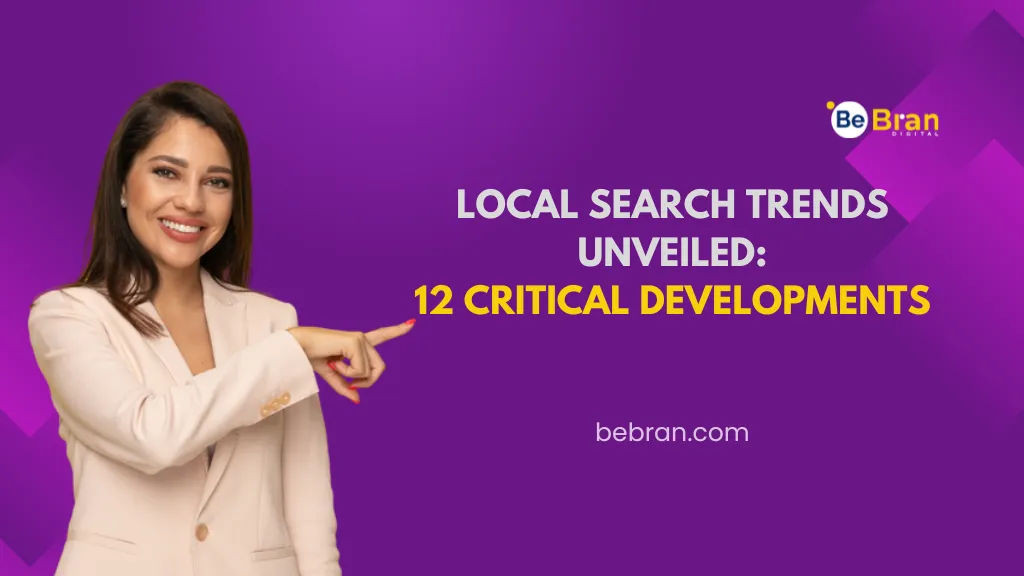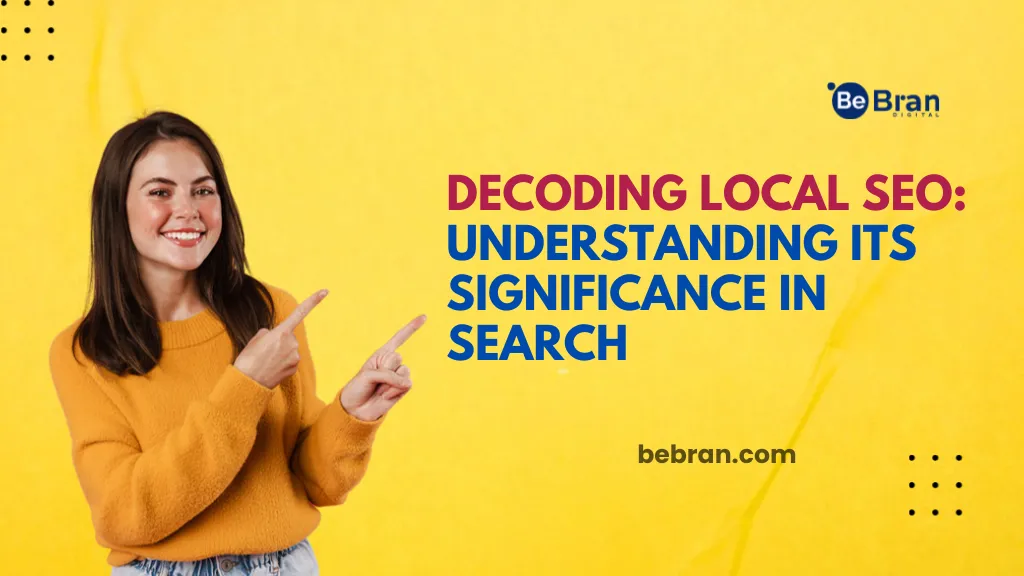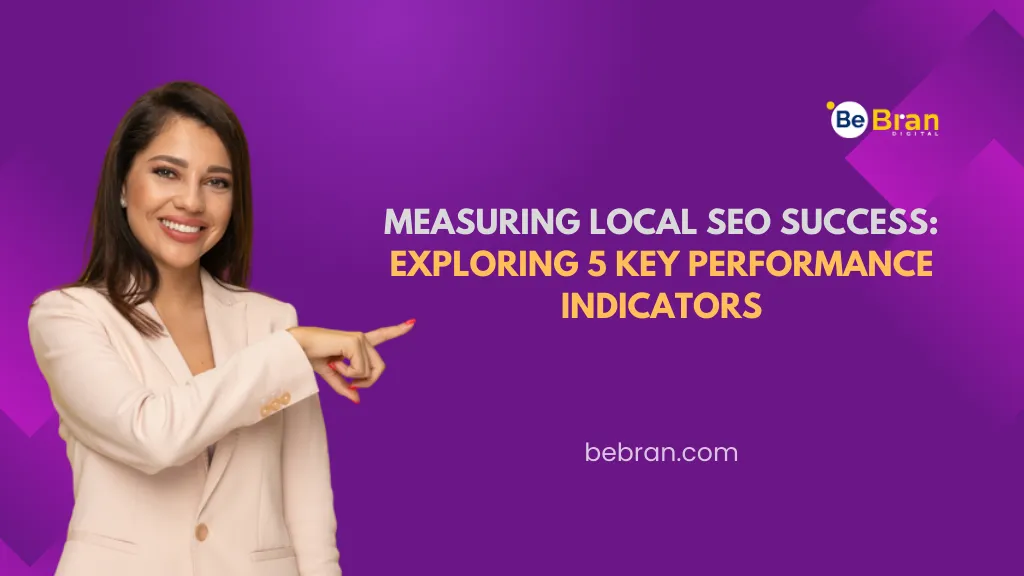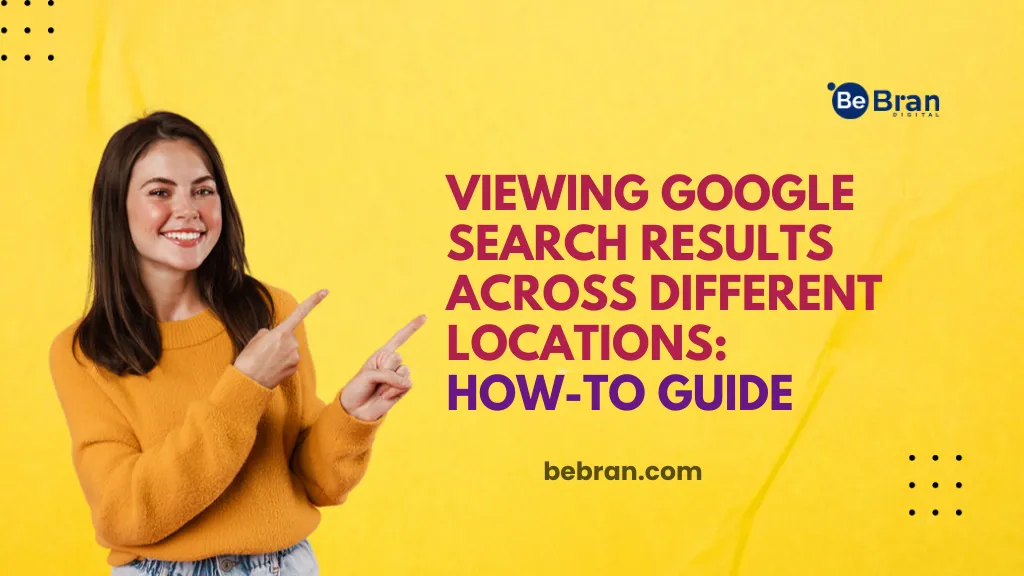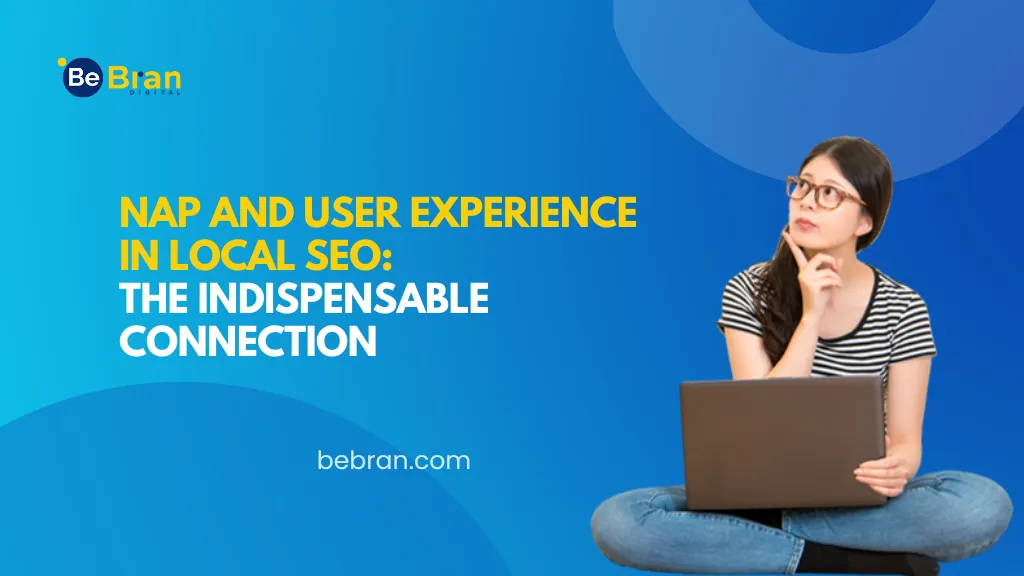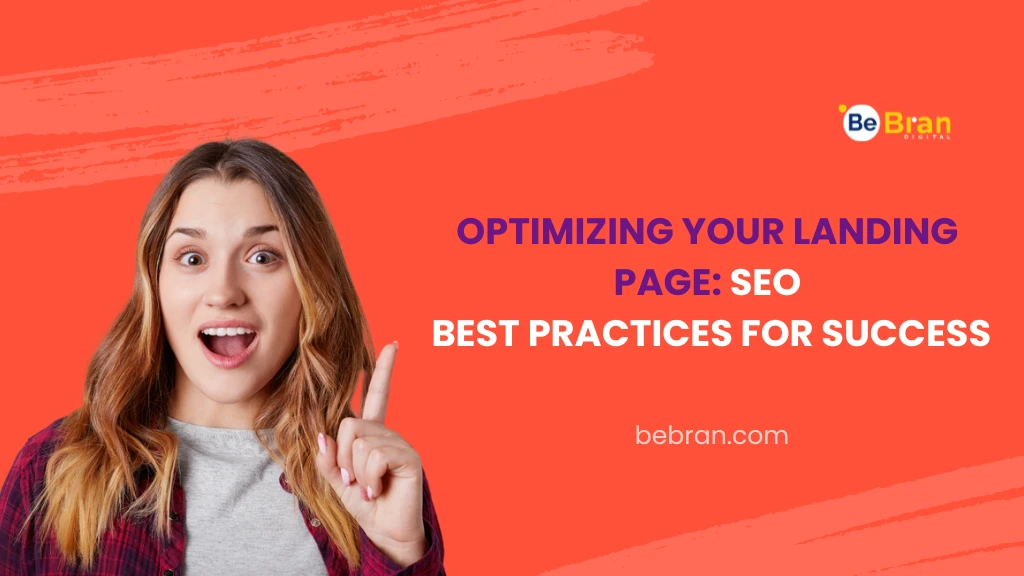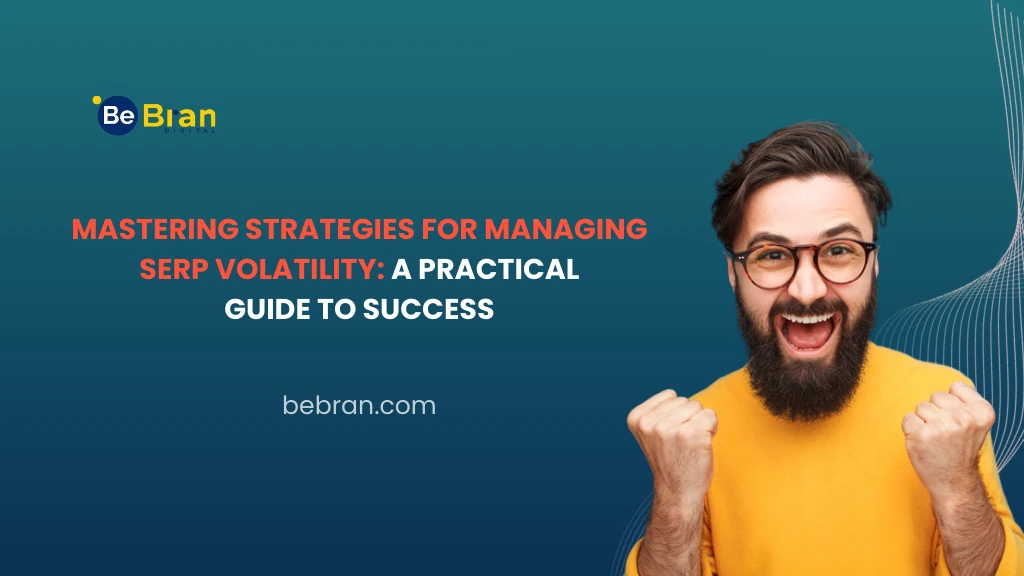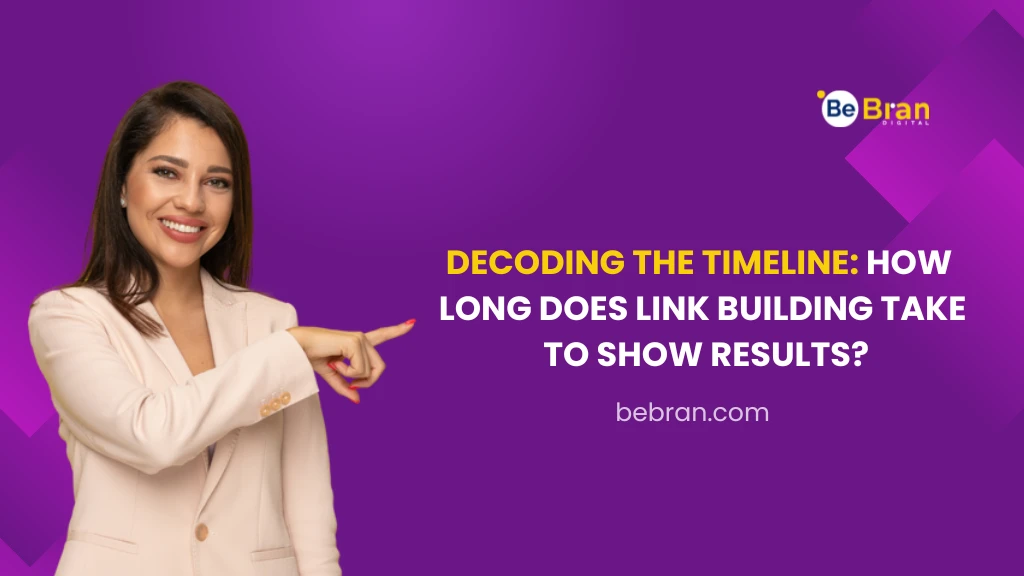
In the ever-evolving landscape of SEO (Search Engine Optimization), mastering E-A-T and YMYL is no longer an option; it's a necessity. E-A-T stands for expertise, authority, and trustworthiness, while YMYL signifies your money or your life. These concepts have become integral to on-page SEO, particularly after Google's search algorithm updates emphasized the importance of content quality and trustworthiness.
This comprehensive guide delves into the intricacies of E-A-T and YMYL, explaining what they are, why they matter, and how to optimize your website to meet Google's stringent standards. We'll explore the significance of these principles from both a search engine's and a user's perspective, providing actionable strategies to elevate your on-page SEO game.

E-A-T, an acronym coined by Google, encompasses three essential components:
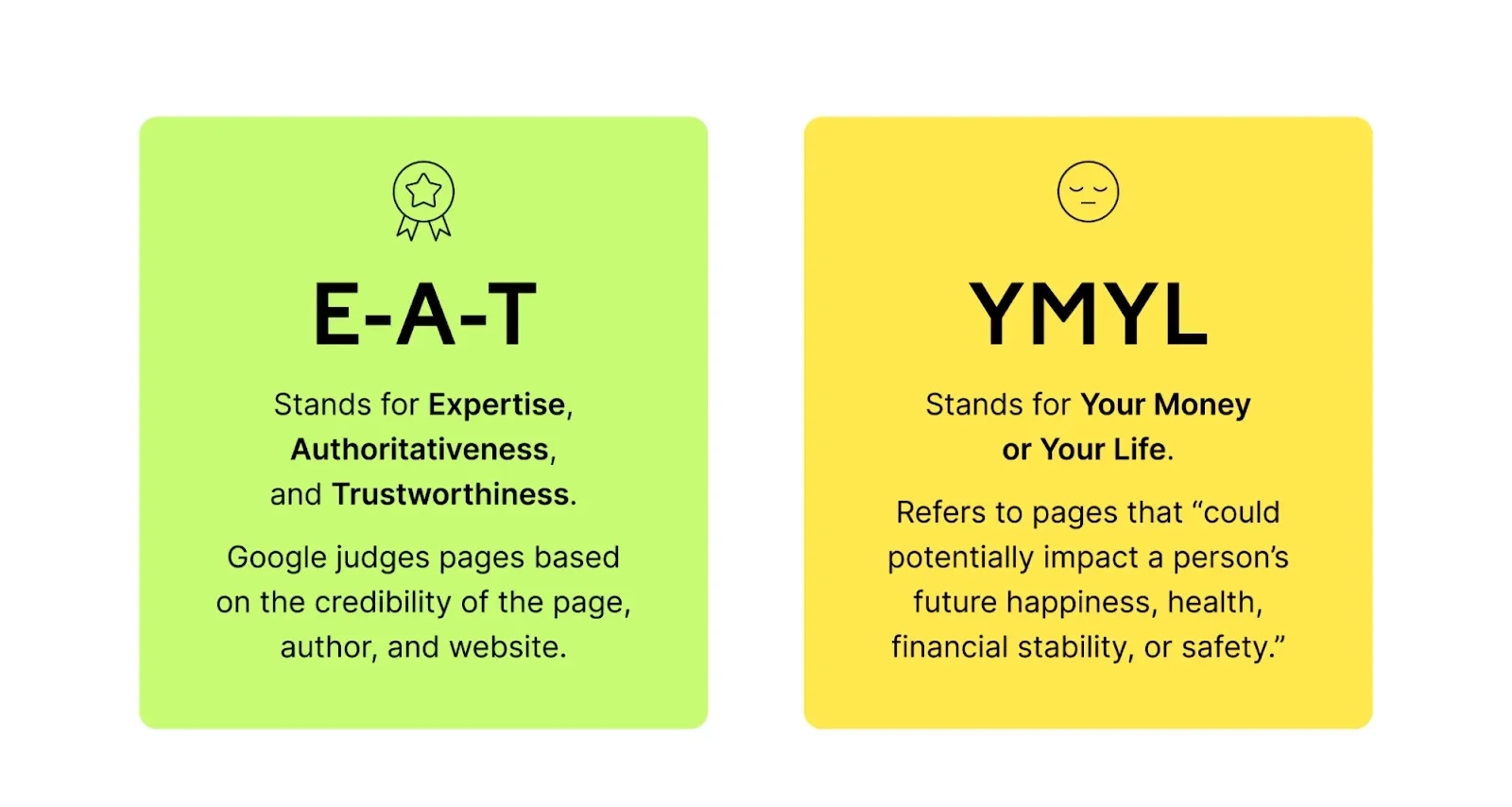
YMYL is another concept introduced by Google, mainly concerning the type of content that can have a significant impact on users' financial stability, health, or overall well-being. YMYL content includes:
Understanding the distinction between E-A-T and YMYL is crucial because YMYL content demands the highest level of expertise, authoritativeness, and trustworthiness.
In the past, SEO primarily focused on keyword optimization and backlink building. However, Google's evolving algorithms have shifted the paradigm towards user-centric, high-quality content. E-A-T and YMYL are at the forefront of this shift, and their significance cannot be overstated.
Effective implementation of E-A-T and YMYL principles in your on-page SEO strategy yields several benefits:
To excel in E-A-T and YMYL, it's crucial to understand how Google views these principles. Google's algorithms aim to provide users with the most relevant, reliable, and valuable content. Therefore, they assess websites based on the following criteria:
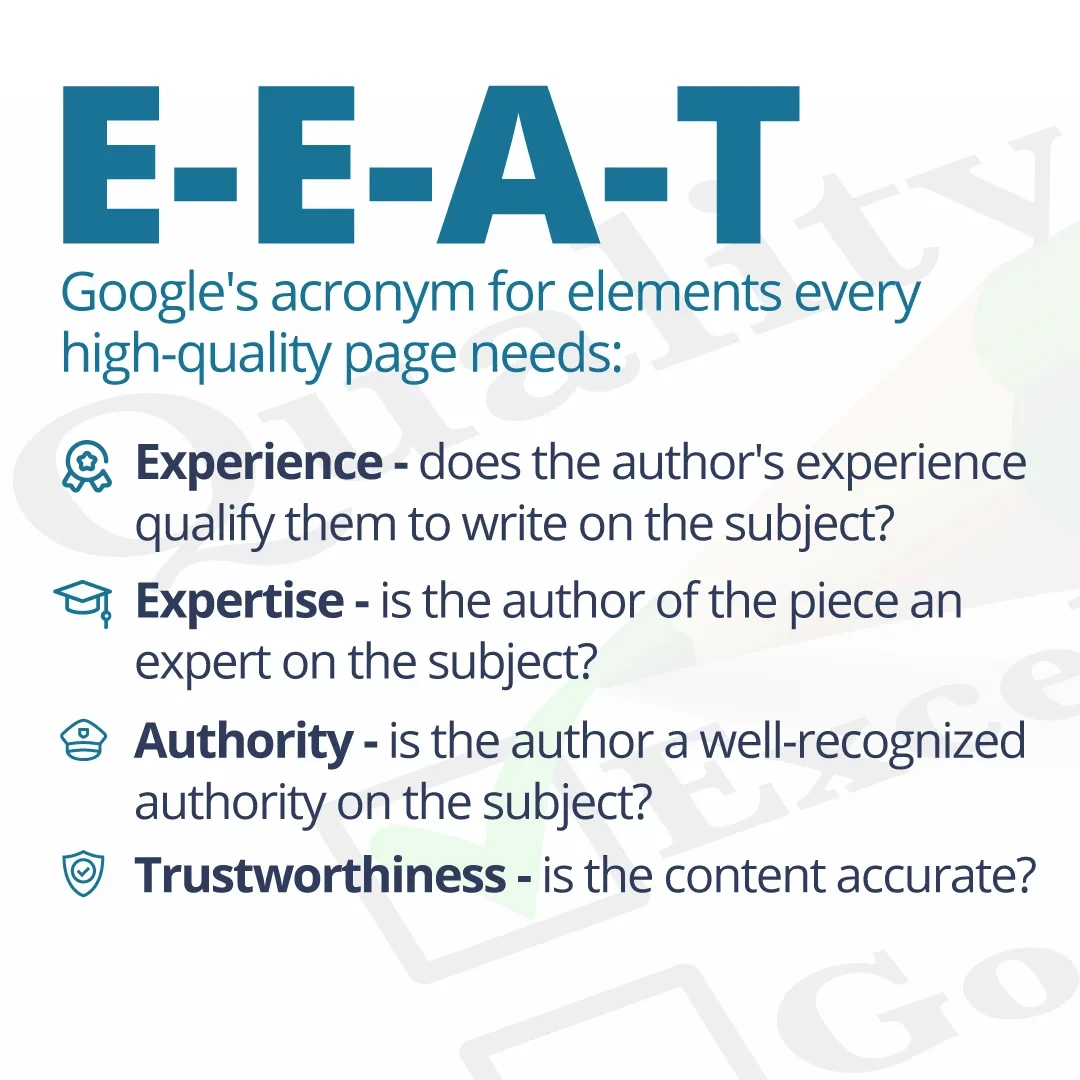
By aligning your website's content and practices with Google's perspective, you can enhance your E-A-T and YMYL ratings and improve your SEO performance.
Building expertise involves demonstrating your knowledge and competence in your niche or industry. Here's how to do it:
Authoritativeness requires your website to be recognized as an authority in your field. Strategies include:
Building trust involves creating a safe and transparent online environment. Consider these approaches:
For YMYL content, the stakes are higher. Ensure that:
Creating high-quality content is the cornerstone of E-A-T and YMYL optimization. Focus on:
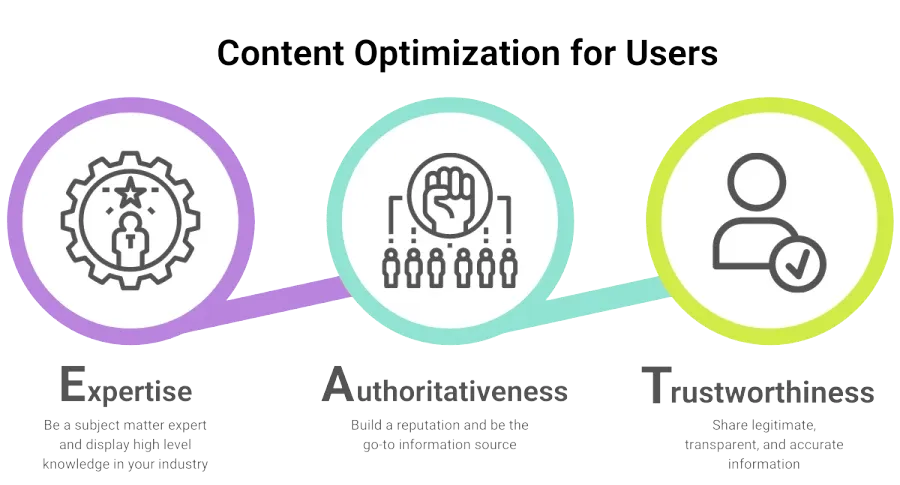
Earn credible backlinks from authoritative sources to enhance your website's trustworthiness:
Manage your online reputation effectively:
Improving user experience contributes to trustworthiness:
Track KPIs to gauge your E-A-T and YMYL success:
Stay updated with Google's guidelines and algorithm changes:
Consider third-party audits to assess your E-A-T and YMYL compliance:
Explore common mistakes and how to avoid them in your E-A-T and YMYL efforts.
Discover strategies for managing negative reviews and mitigating their impact on trustworthiness.
Understand how to adapt to Google's algorithm updates and maintain your E-A-T and YMYL performance.
As the digital landscape continues to evolve, so do the concepts of E-A-T (Expertise, Authoritativeness, Trustworthiness) and YMYL (Your Money or Your Life) in SEO. Staying ahead of future trends in E-A-T and YMYL is crucial for maintaining a strong online presence and ensuring compliance with search engine guidelines. Here are some anticipated future trends:
1. User-Generated Content Validation: Search engines may place more emphasis on verifying the expertise and credibility of user-generated content, especially on platforms where user-generated reviews, comments, and posts are prevalent. Businesses and website owners will need to implement robust systems for monitoring and validating user-generated content to maintain trustworthiness.
2. AI and Machine Learning Integration: Advancements in artificial intelligence and machine learning algorithms will enable search engines to evaluate E-A-T and YMYL factors more effectively. Optimizing content for AI-driven algorithms and using AI-powered tools for content creation and analysis will become essential.
3. Content Depth and Breadth: Search engines may prioritize content that demonstrates both depth (comprehensive coverage of a topic) and breadth (addressing related topics). Content creators will need to create comprehensive, well-researched content that addresses not only the main topic but also related subtopics.
4. Reputation Management Expansion: Reputation management will extend beyond reviews and ratings to encompass a broader online presence, including social media and other digital platforms. Brands and individuals will need to proactively manage their reputation across various online channels, emphasizing trustworthiness and expertise.
5. User Experience Enhancement: User experience will continue to be a critical factor in E-A-T and YMYL, with an emphasis on page speed, mobile optimization, and accessibility., Ongoing efforts to improve website user experience will be necessary to meet evolving user expectations and search engine standards.
6. Personalization and Local SEO: Personalized search results based on user location and preferences will become more refined, impacting local businesses and their E-A-T and YMYL considerations. Local businesses will need to focus on delivering personalized and trustworthy content and services to cater to their target audience effectively.
7. Voice Search and Featured Snippets: With the rise of voice search and featured snippets, search engines may prioritize content that provides concise and authoritative answers to user queries. Content optimization for voice search and structured data markup for featured snippets will be crucial for maintaining visibility.
8. Regulatory Changes: Governments may introduce more regulations and guidelines related to online content, potentially influencing E-A-T and YMYL standards. Staying informed about and complying with evolving legal requirements will be essential to avoid penalties and reputation damage.
9. Ethical AI and Algorithms: Concerns about biased algorithms and ethical AI practices will drive discussions and actions related to transparency and fairness in search engine rankings. SEO professionals and content creators will need to advocate for ethical SEO practices and consider the ethical implications of their strategies.
10. User Education and Empowerment: As users become more discerning, there may be a growing demand for online literacy and tools that help users evaluate the credibility of sources. Content creators and platforms may need to provide educational resources and transparent information about content sources.
Adapting to these future trends in E-A-T and YMYL will require ongoing vigilance, a commitment to quality, and a proactive approach to aligning with evolving search engine guidelines and user expectations. Staying ahead of the curve will be essential for maintaining a strong online presence and effectively serving your audience.
Mastering E-A-T and YMYL is not only a requirement for SEO success but also a commitment to delivering valuable, trustworthy content to your audience. By understanding and implementing these principles, you can elevate your on-page SEO game, improve user experiences, and secure your website's position in the ever-competitive digital landscape.
1. What is E-A-T in SEO, and why is it important?
E-A-T stands for Expertise, Authoritativeness, and Trustworthiness. It's vital in SEO because Google uses it to assess the quality and reliability of web content. High E-A-T helps your content rank better and builds user trust.
2. What does YMYL mean, and how does it affect SEO?
YMYL stands for Your Money or Your Life. It refers to content that impacts users' financial stability, health, or well-being. Google holds YMYL content to higher standards, requiring it to be expert, authoritative, and trustworthy.
3. How does Google assess E-A-T and YMYL on websites?
Google assesses E-A-T and YMYL through content quality, author expertise, backlinks, user reviews, and overall website reputation. It uses these factors to determine a site's trustworthiness.
4. Can any website benefit from E-A-T and YMYL optimization?Yes, E-A-T and YMYL optimization is beneficial for all websites, but especially crucial for those providing health, financial, legal, or life advice. It helps improve rankings and user trust.
5. What's the role of user reviews in E-A-T and YMYL? User reviews contribute to trustworthiness. Positive reviews showcase user satisfaction, while negative reviews should be managed professionally to maintain trust.
6. Are there tools to help assess and improve E-A-T and YMYL?
Yes, tools like Google Analytics, SEO audit tools, and online reputation management services can help assess and improve E-A-T and YMYL factors.
7. How can I enhance E-A-T and YMYL for my website's content? Focus on creating high-quality, well-researched content, build credible backlinks, and establish authoritativeness in your niche. Ensure transparency and user engagement.
8. What should I do to adapt to future changes in E-A-T and YMYL trends?Stay informed about SEO trends, invest in AI-powered tools, and continually update and optimize your content and user experience to align with evolving search engine guidelines.

